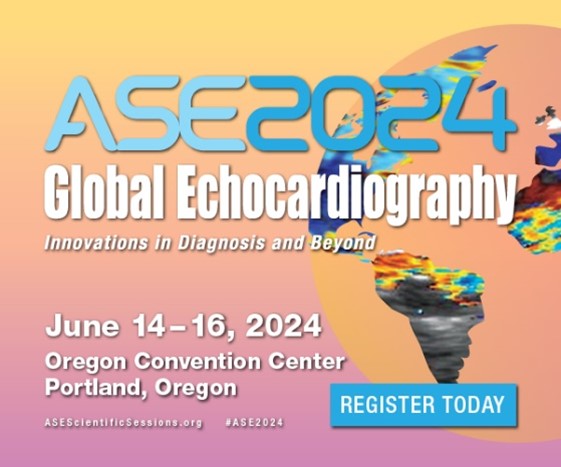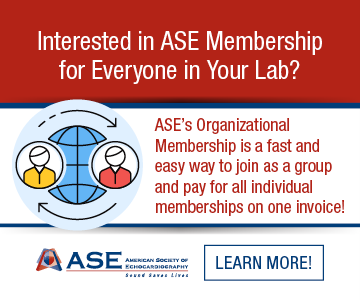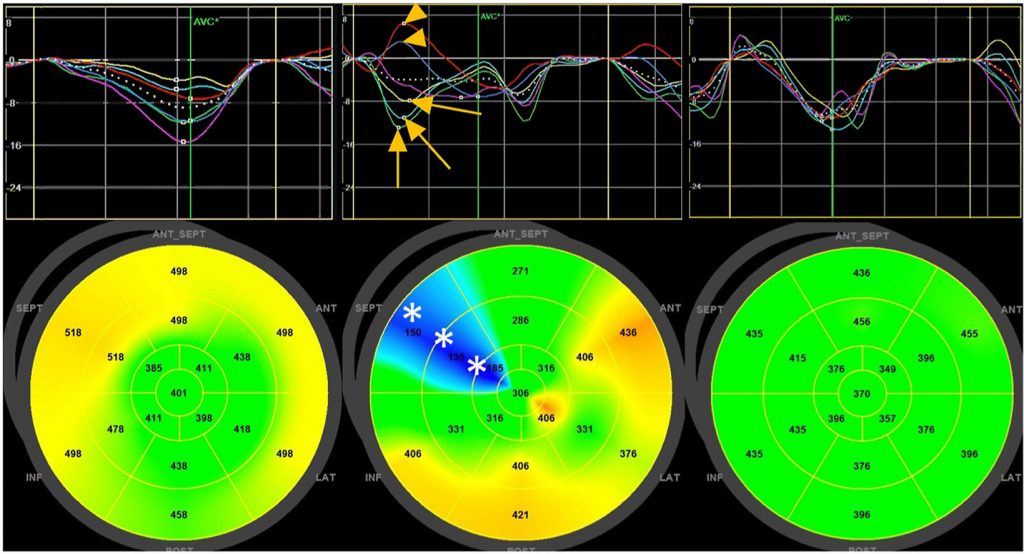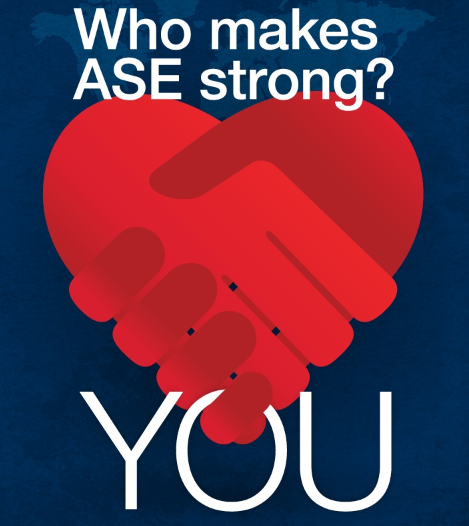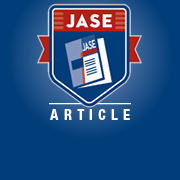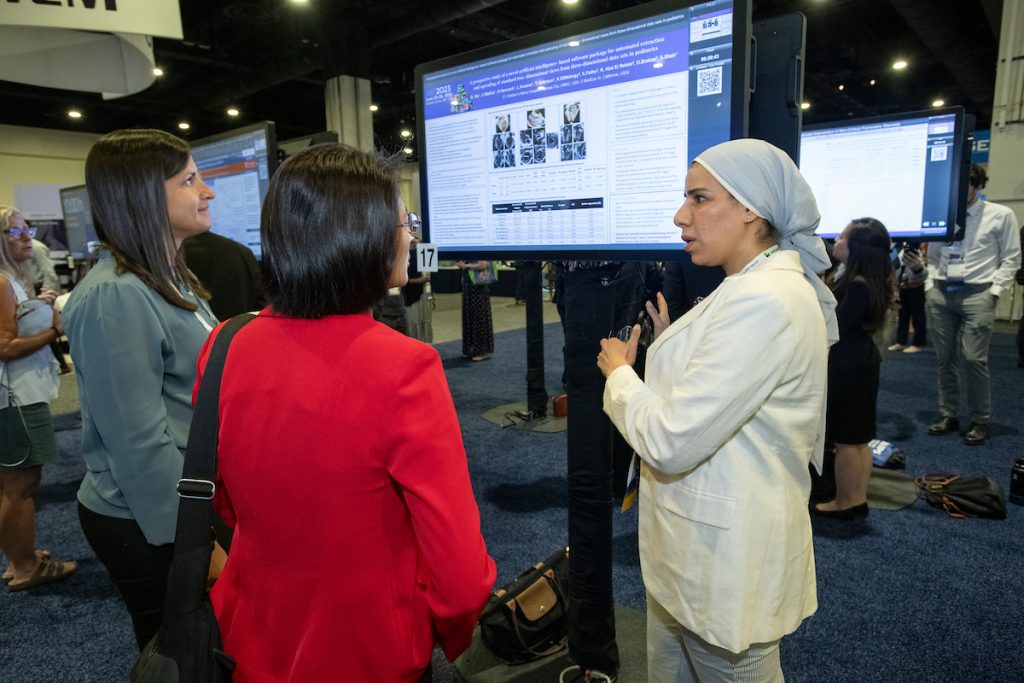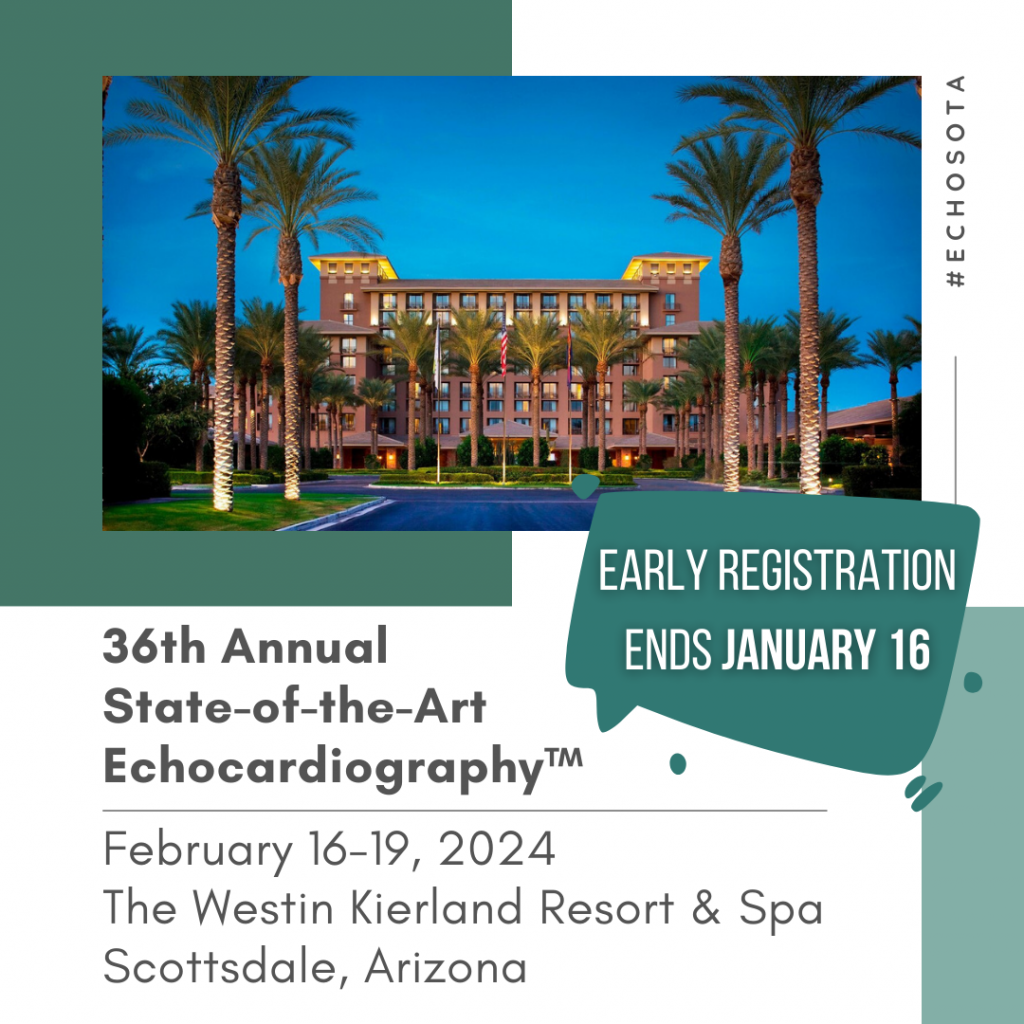The Complete Series is Now Available!
ASE’s Microlessons in Echocardiography and Hypertrophic Cardiomyopathy (HCM) is a free online series for anyone interested in learning more about this commonly inherited cardiomyopathy that is often difficult to diagnose. The Microlessons include 15 short learning modules explaining how echocardiography can help assess patients with HCM and determine treatment options. The final module, How to Perform Strain in Patients with HCM, was uploaded to the Microlessons Playlist on ASE’s YouTube channel in December 2023.

